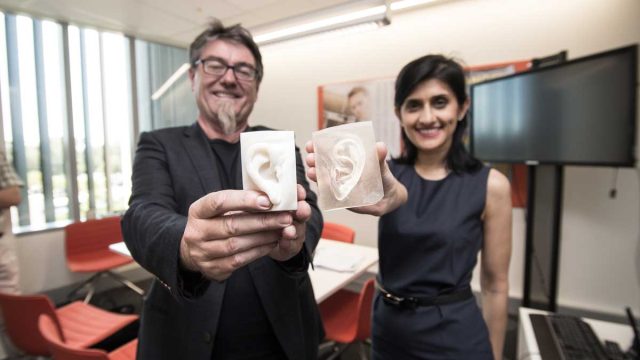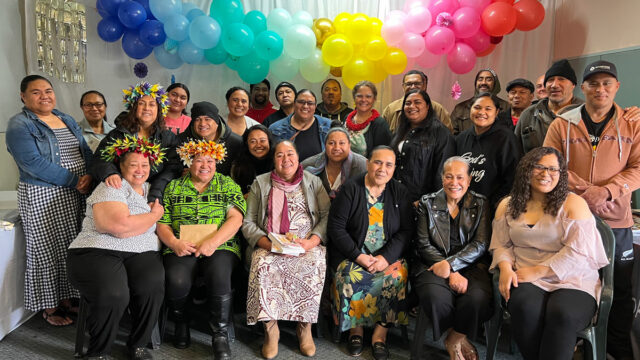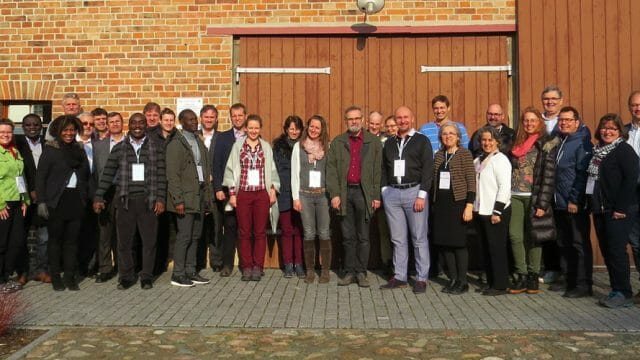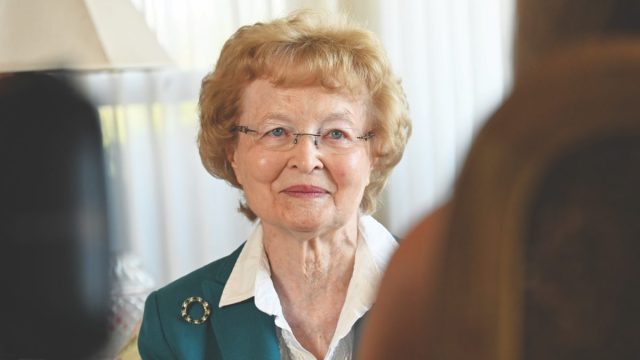Known as the ‘Brest Bible,’ it was translated and published in the 16th century.
The National Library of Belarus recently hosted a roundtable dedicated to the Brest Bible, the first Protestant Bible in that nation. The event took place in the capital city of Minsk on November 14, 2019, and was attended by scientists, university professors, library specialists, and researchers from museums and archives.
Among the expert presenters was Seventh-day Adventist pastor, theologian, and historian Oleg Gabrusevich, the only clergyman included in the roster of speakers.
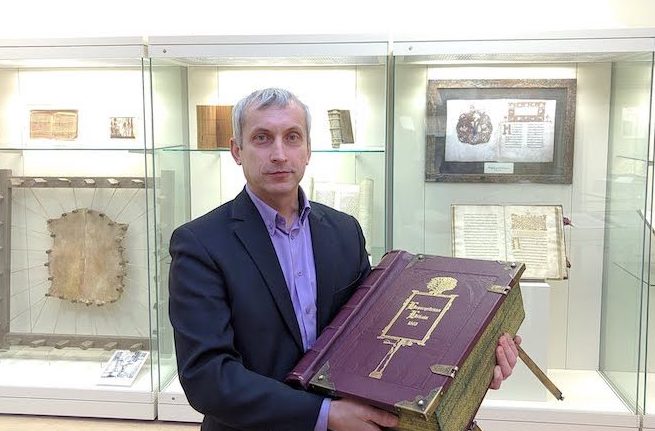
Experts in the field of book culture read papers on topics related to the Brest Bible (also known as the Radziwill Bible) such as “The Brest Bible as a Masterpiece of Belarusian Typography of the 16th Century”; “Brest Typography and Belarusian Typography of the 16th Century”; “The Art of Belarusian Old Printed Books”; and “Belarusian Book Culture and Written Traditions in the Age of the Reformation and Renaissance.”
According to Gabrusevich, his presentation highlighted the characteristics and implications of the Protestant views expressed in the commentaries and dedication of that particular Bible.
About the Brest Bible
The Brest Bible was the first complete Protestant Bible translated from the original languages in the territory of modern Belarus (in the past, its territory was part of the Grand Duchy of Lithuania). Translation began in the Polish city of Pinczow in 1559, after which Chancellor of the Grand Duchy of Lithuania Nikolai Radziwill the Black invited a group of translators to Brest. Among them were two students of Erasmus of Rotterdam, Bernard Voevudka and Stanislav Murmelius. The Bible itself was published in September 1563. To fund its publication, Radziwill spent 10,000 ducats in gold, an extraordinary amount of money for those times.
Regional church leaders said that it is not the first time that the National Library of Belarus has been a platform for international academic conferences and roundtable meetings. It is considered a place where experts can freely exchange views and study the cultural and spiritual heritage of the country. The roundtable was a significant event in the series called “Brest Bible: Open Touch,” they said.
The original version of this story was posted on the Euro-Asian Division news site.


